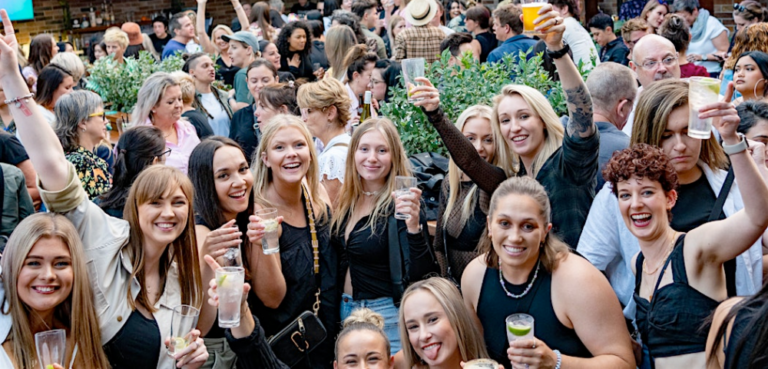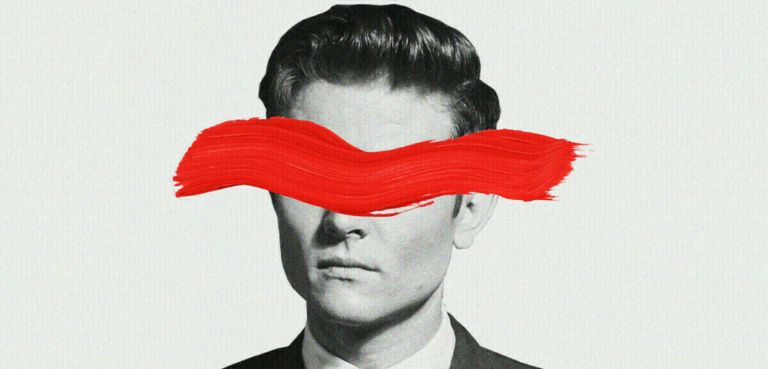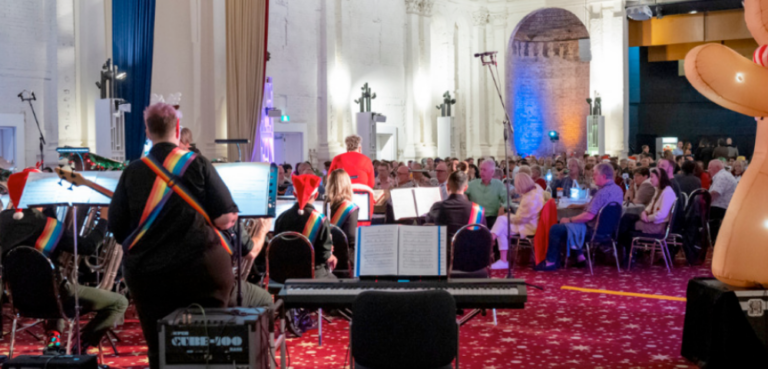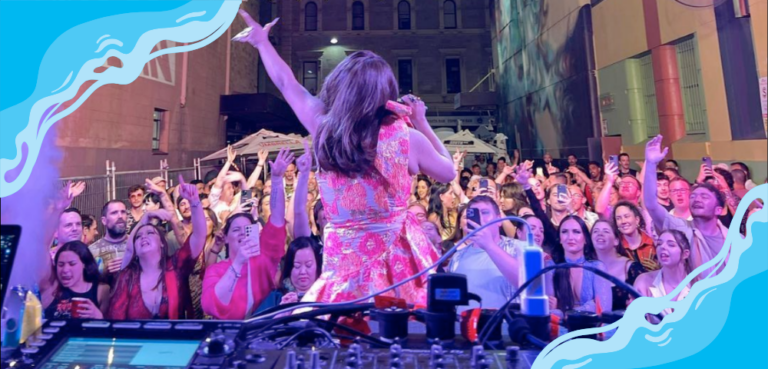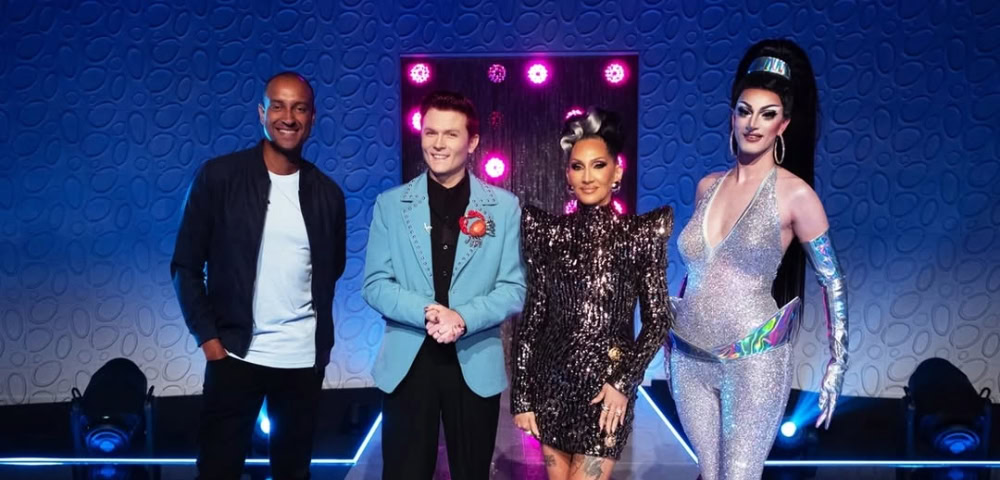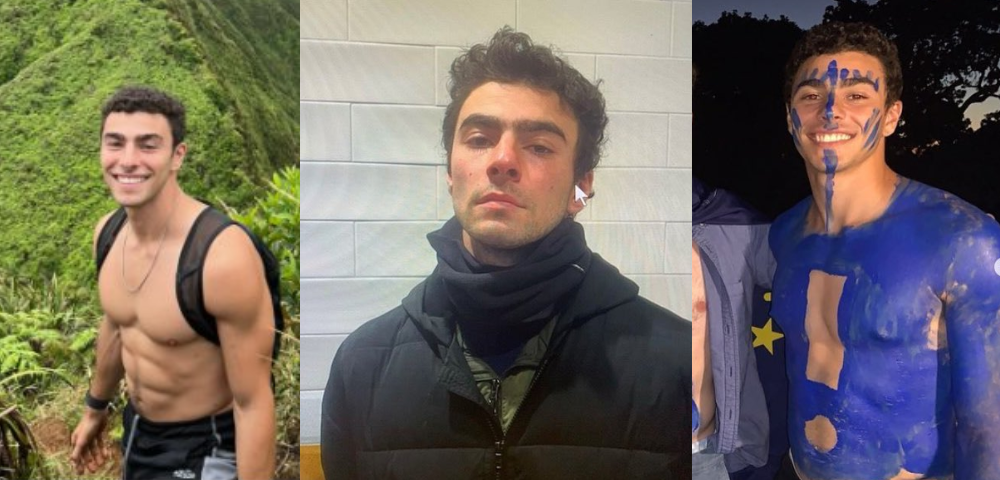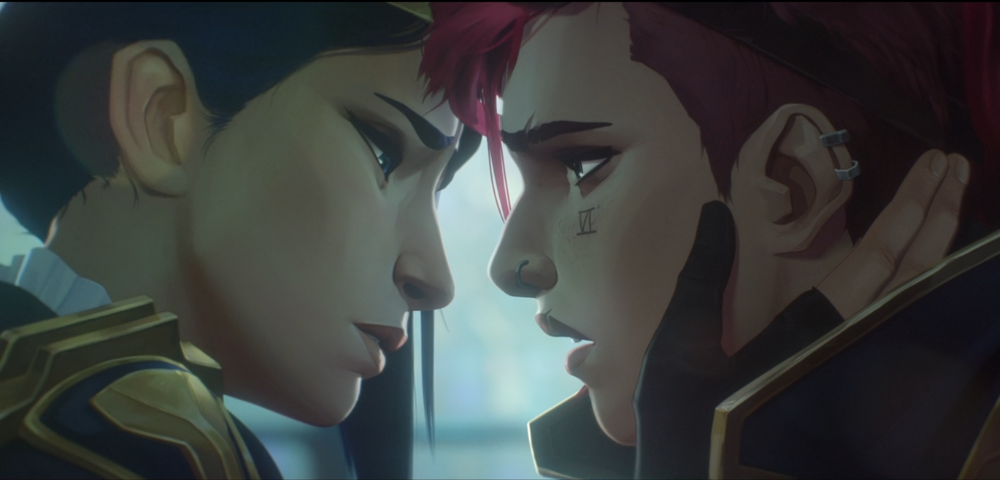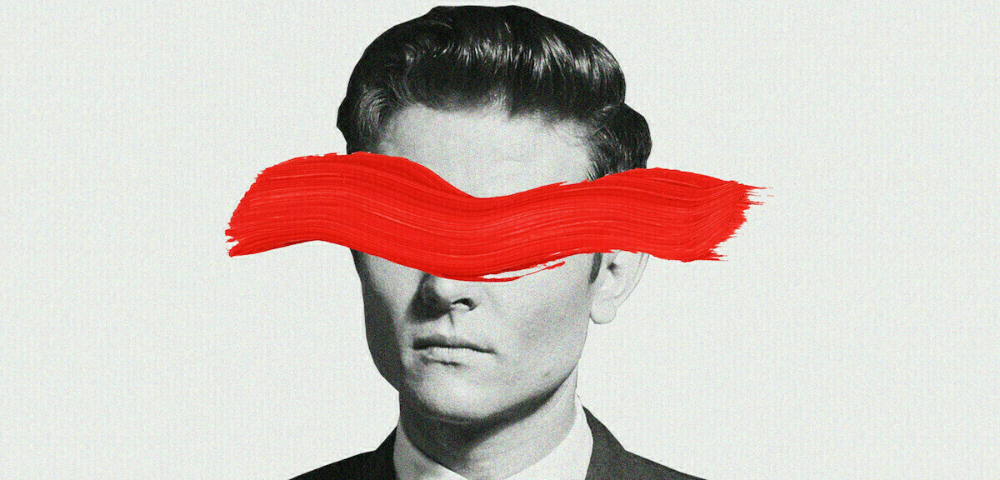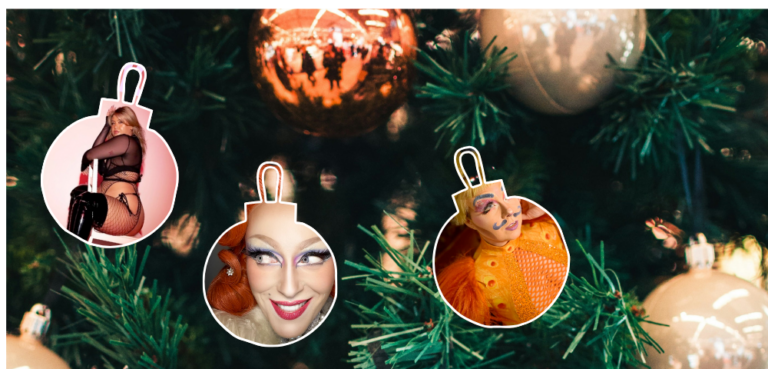
Voices From 1978: The First Sydney Gay And Lesbian Mardi Gras – Book Review
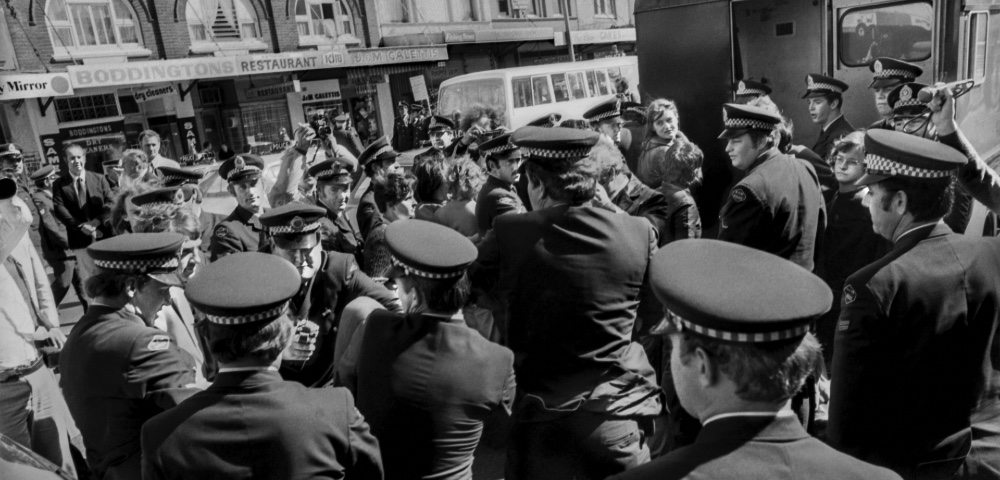
Dr Sophie Robinson
The term ‘78ers’ – and the many people who represent its origin and history – has become an increasingly recognised term over the last decade.
When I discuss the 78ers with my (admittedly mainly lesbian and queer) friends, historians and researchers, or with my students, there are today knowing nods and deep interest in ways I hadn’t really seen a decade ago. Back then I was still learning who or what exactly happened in 1978.
The wave of new interest has in part been helped by the different forms of storytelling: previously unrecorded oral histories or unseen photographic evidence, exhibitions, book publications, and now public apologies, illuminating the long-overlooked legacies of the first Mardi Gras of June 24th, 1978, and its role in establishing the very much loved, widely supported, and internationally recognised celebration of LGBQI+ culture in Australia – the Sydney Gay and Lesbian Mardi Gras.
These combined efforts have brought about a reckoning with how and why that day (and more especially, that night) was a watershed moment in the long struggle against homophobic discrimination in Australia, and how collective solidarity and desire for liberation held it together.
Voices Give A Sense Of Police Brutality In The 1970s

Image: Supplied
Voices from 1978 is a critical and inclusive addition to the storytelling, curated by community activists Diane Minnis, Ken Davis, Dr David Abello and Karl Zlotkowski and filled with detailed historical summary and diverse reflections from participants – presenting a unique parity of men and women’s contributions to the still growing field of Australian LGBTQ+ historiography.
Building from the 1998 collection It was a Riot, Voices from 1978 brings multiple voices and perspectives alongside archival evidence such as newspaper articles and correspondence, and accompanying photographs to portray liberation politics in action, energy and fervour, fear, and excitement.
We not only get a sense of the great costs and damage caused during the first Mardi Gras in terms of police brutality, but also the immense successes and resilience as contributors reflect on how things were, how they’ve changed, and how we can understand the 78ers and their efforts in our current society. Indeed, the book not only traces the events of June 24th 1978 (at times to the hour), but also the ideas and values that inspired this gathering and galvanised a community to continue pushing for radical social change long after it.
Events And Conversations That Shaped The First Mardi Gras
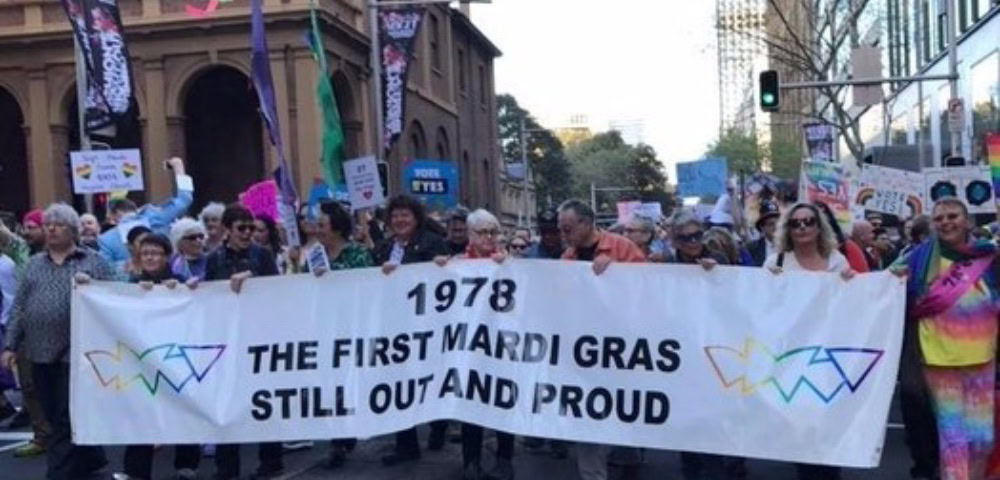
Voices from 1978 comes 7 years after the official apology by the NSW Police Force, as well as the Sydney Morning Herald and NSW Parliament, for the significant discrimination and prejudice they committed in 1978 and beyond against the 78ers. Whilst compact, totalling 100 pages, the book is rich in its balance of nuanced historical detail, anecdotes, and photographic evidence from participants such as Sally Colechin, Branco Gaia and Geoff Friend.
In the diary-like accounts of June 24th 1978 spanning pages 18-53, I am transported through the events and conversations that shaped the entire day: the context for international gay solidarity and its inspiring transnational pull, followed by a break-down of the afternoon and the plan for a Mardi Gras-style street party that evening. We hear how some hoped this street parade would offer celebration and release after the politicising of the daytime, and that it might even entice people ‘out of the bars and into the streets’.
For some, it certainly did. As the time ticks on, the account shifts, describing the increasing police presence and a sharp turn to chaos and brutality, as well as some inspiring efforts to protect each other as arrests were made and bail money had to be organised. As I read this, I felt extremely privileged to be given this snapshot into an intensely marginalised but nonetheless dynamic and resourceful community who had each other’s backs.
This was echoed in remarks from one of the contributors, Kate Harrison, who noted that “the effect of the event was galvanising and the fightback from our community was phenomenal” (p. 46).
The Marches That Followed June 24, 1978
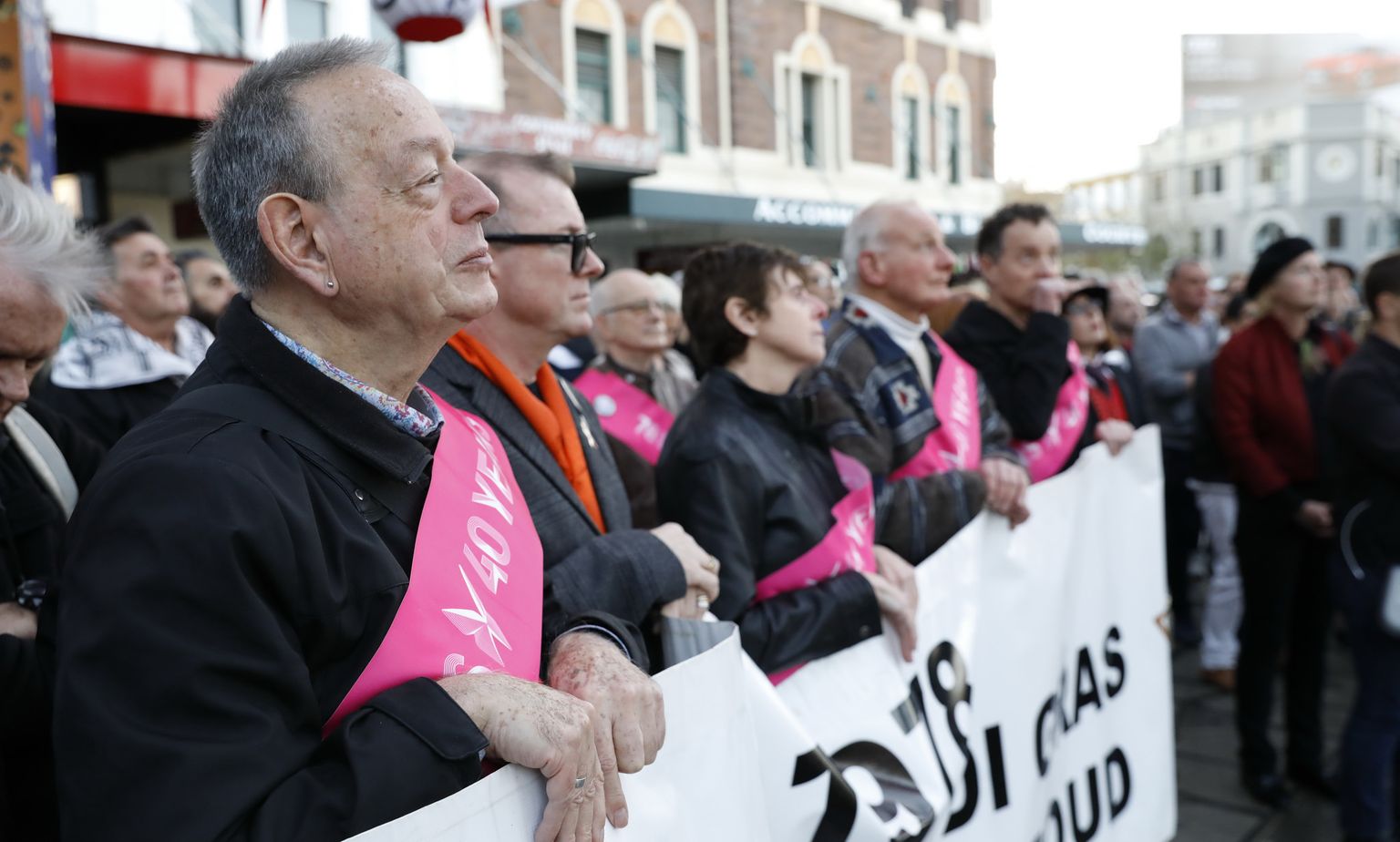
Voices from 1978 also take us through the important marches and events that followed June 24, 1978. Most notably, the ‘Drop the Charges campaign’ which emerged in response to the police brutality and arrests that uniquely energised 78ers and their supporters.
Robyn Grace recalled there being ‘intense debate about the best way forward’ at the initial meeting on 1st July 1978 at Stanley Palmer Cultural Palace in Darlinghurst. ‘Stronger than the differences of opinion’, she explains, ‘was an overriding sense of solidarity and a willingness to act … [they agreed] the police had gone too far.’ (p. 55)
This culminated in a Drop the Charges march on July 15th in Sydney that went along Martin Place, William St, along Green Park, St Vincent’s Hospital and ended at Darlinghurst Police Station, Taylor Square. 2000 people attended and many were arrested. This was ‘the largest gay rights march in Australia at that time’ (p. 57). It would be amazing for any reader I’m sure – let alone me as a historian and a lesbian with vested interests – to gain such detailed insight into an event like this, and the dynamic organising and solidarity it required.
For others it might invite much wider insights and appreciation for the events of 1978 and the impacts it would have in the year (and decades) following for LGBTQ+ activism and culture in Australia.

Fittingly, Voices from 1978 ends with reflections on the upsurge of LGBTQ+ activism and networks that emerged in response to the events of 1978, and the dual need to promote joy and solidarity – an ongoing focus for Australian LGBTQ+ communities that have enabled them to remain so strong. Voices from 1978 is a much needed and inviting reckoning with the history of LGBTQ+ activism in 1970s Australia which did not start nor finish with June 24 1978, and which has continued proudly ever since.
Voices From 1978: The first Sydney Gay and Lesbian Mardi Gras, is available at The Bookshop Darlinghurst.
